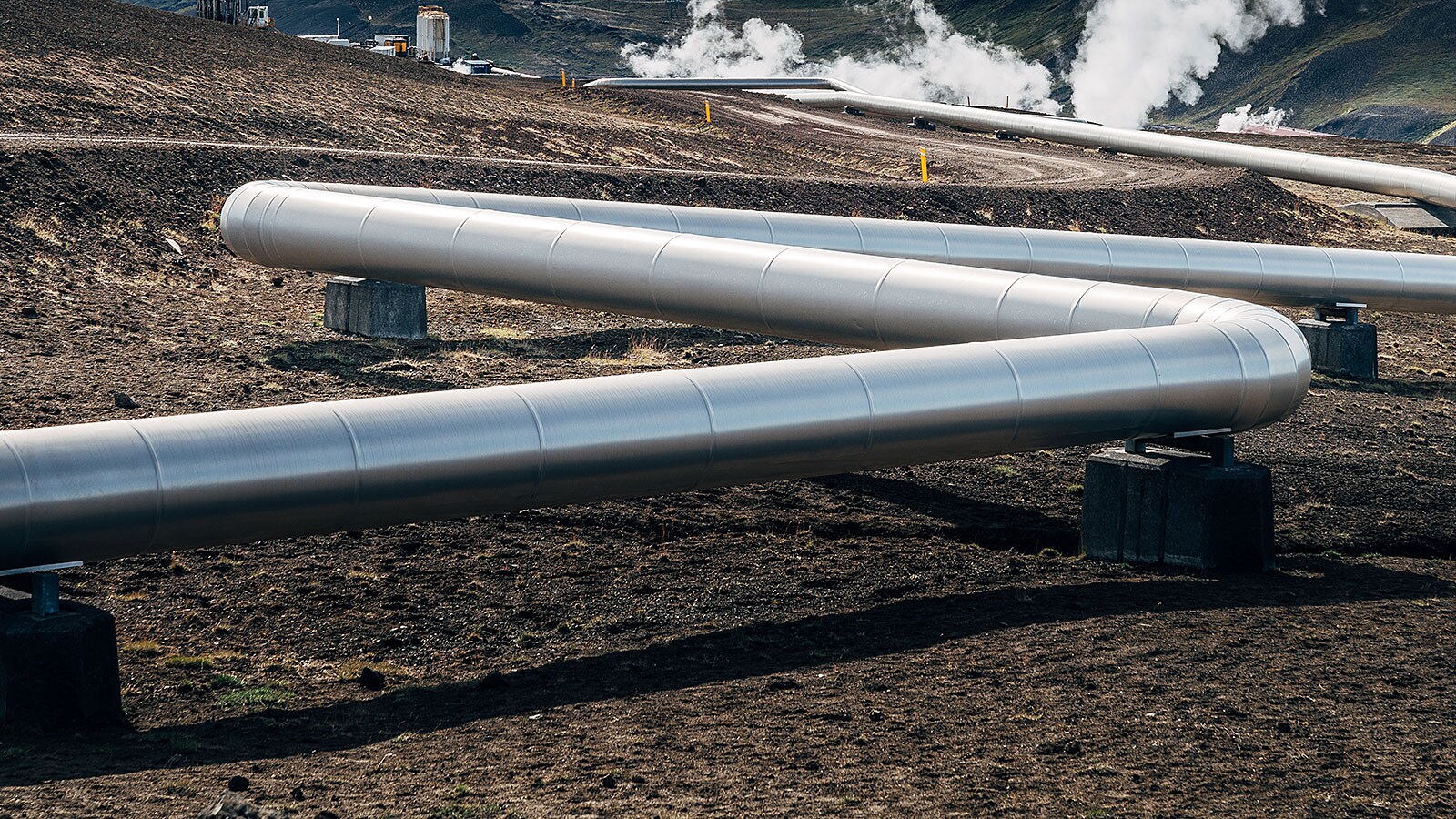Although the number of companies setting climate targets continues to grow, most remain far from achieving them. While it is very positive to see that ambition is not lacking, (indeed, in many cases it is increasing) without structured execution, net-zero targets risk becoming little more than declarations. We identify three practical actions to close the gap:

1. Measure accurately
High-level estimates are not enough. A detailed plan is needed, one that quantifies emissions reductions, associated costs (and cost savings), timelines and the role of available incentives, such as tax credits and grants.

2. Look beyond the short term
Only 25% of companies have disclosed emissions-reduction projects with a payback period longer than ten years. Decarbonisation must be treated as a strategic investment supported by robust capital planning that is applied with the same rigour as other long-term initiatives.

3. Embed sustainability across the wider business
Decarbonisation must involve the entire organisation: product design/service, finance, procurement, tax and compliance. This integrated approach is the only way to ensure continuity even during periods of uncertainty.
Although there have been many headlines about companies scaling back or extending their sustainability initiatives, the impression that net zero efforts are buckling under economic, political and regulatory pressure is not wholly accurate. According to PwC’s State of Decarbonization 2025 report, the commitment to sustainability actually remains strong, and is spreading:
Over 4,000 companies disclosed climate targets to CDP in 2024, nine times more than in 2019.
37% of companies increased their climate ambition, while only 16% scaled it back.
Smaller firms are also engaging: the median revenue of companies setting targets fell from €3.2 billion in 2020 to €1.1 billion in 2024.
83% are investing in low-carbon products and services, which are generating revenue increases of between 6% and 25% or more.
These commitments are holding firm even through CEO transitions; companies are not backtracking.

While commitments are surely positive, another study by PwC US, covering 214 large public companies across 11 sectors, paints a sobering picture. Although 90% of companies are maintaining or accelerating their net-zero timelines, 10 out of 11 sectors are not on track to meet their short-term emissions reduction targets. The data is clear:
91%
of companies had set short-term goals for Scope 1 and 2 emissionsbut just 56%
of companies were on track to meet their targets48%
of companies had set short-term goals for Scope 3 emissionsbut just 22%
of companies were on track to meet their targetsThis gap often stems from a tendency to focus on easier projects, like improving office energy efficiency, while deferring more complex, structural efforts. The increasing use of emerging technologies such as generative AI, which consumes significant amounts of energy, only adds to the challenge and may not have been factored into original decarbonisation plans.
How can we help?
Beyond supporting your existing or planned sustainability initiatives, our teams can assist your organisation in meeting reporting and strategic requirements. This could include support with identifying material sustainability issues, conducting carbon footprint assessments, reviewing ESG data and systems, obtaining ESG certification, delivering targeted ESG training and the assurance of such information.
In addition, we can help organisations align sustainability goals with business strategy, leverage data analytics to monitor progress, and develop effective ESG approaches. If you are interested in exploring these opportunities, please reach out to our dedicated teams.
Contact us
















